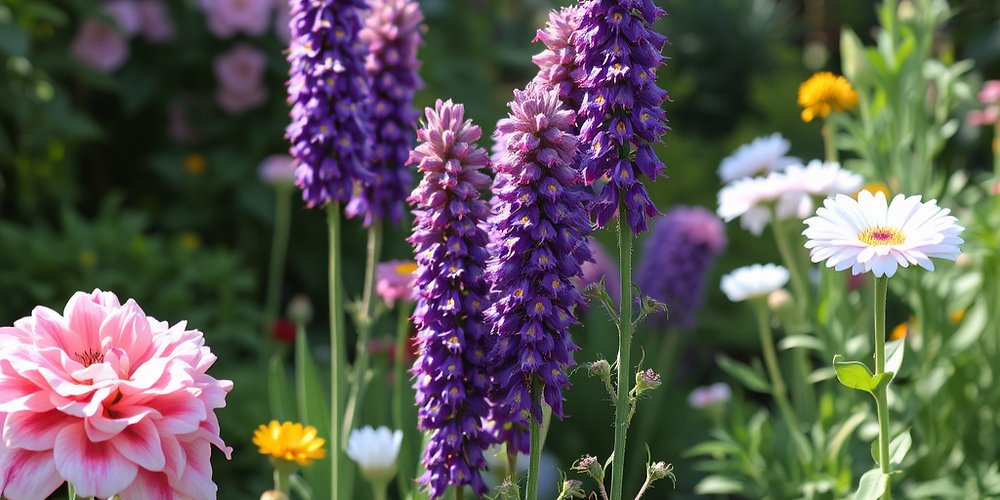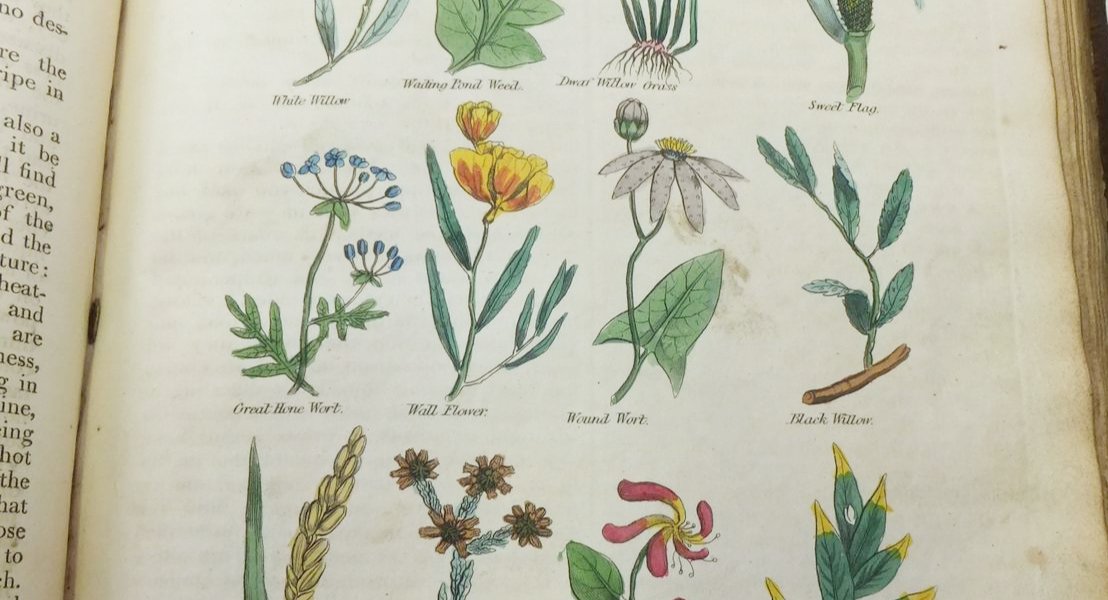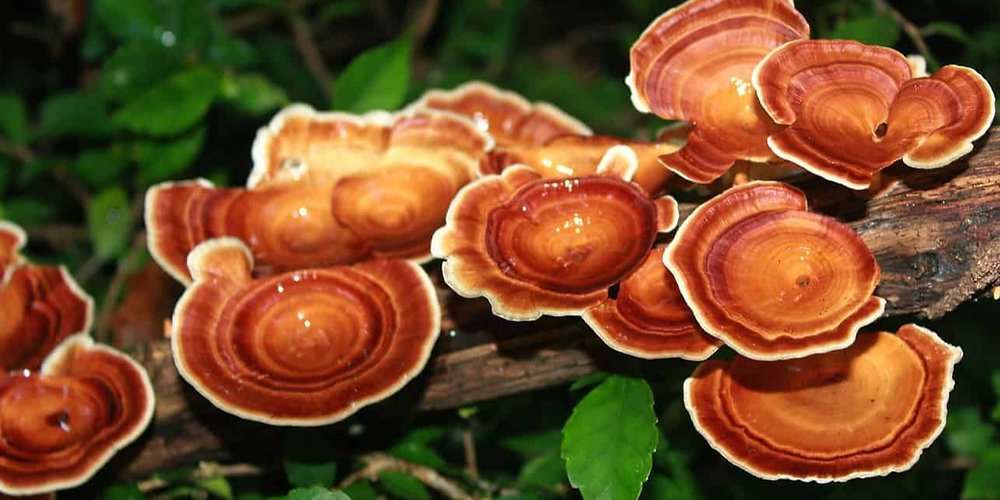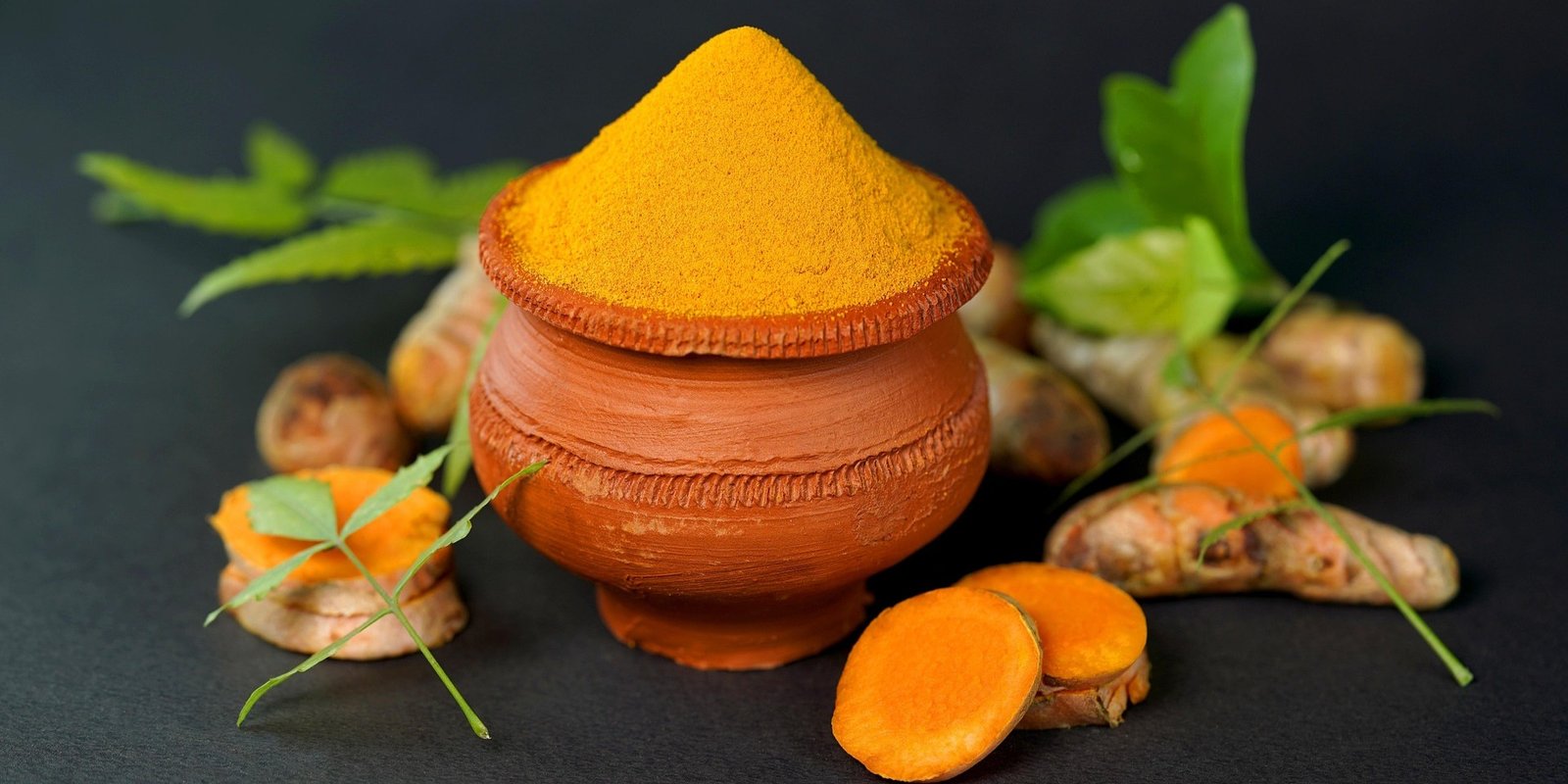This article is about how nature and gardening can boost your well-being.
“When you listen to the quiet whispers of the garden, you’re not just growing plants — you’re growing your soul.” – The Economic Botanist
Have you ever felt calm when you step outside? That warm feeling when you touch the soil or talk to your plants can uplift your mood. It’s not just a pleasant coincidence.
The Importance of Connecting with Nature
There is a growing body of science and ancient wisdom showing that connecting with nature — often called nature communication— can significantly improve our health. One of the best ways to build this connection is by incorporating a daily gardening routine into your life.
In this article, we’ll explore the magic of nature communication, explain why gardening is more than a hobby, and illustrate how nurturing your garden can enhance your well-being. Plus, we will guide you to establish a daily practice that suits your lifestyle — no advanced gardening skills required!
What is Nature Communication?
You might have heard the phrase “talking to plants” and wondered if it’s just a charming tale. However, there’s more to it than merely speaking to your ficus.
Nature communication means tuning into how plants and nature “communicate” with us—and how we can respond. It goes beyond the simple act of talking; it’s about establishing a deeper nature connection and recognizing the signals that plants and nature send.
Some researchers scientifically explore plant communication, studying how plants utilize chemical signals to warn others about danger or how roots exchange nutrients underground.
On a more intuitive level, individuals who practice nature communication often express a sense of their plants’ needs and emotions. It feels like empathy for living beings.
This reciprocal connection between you and your garden can feel magical. When you listen, observe, and respond, you enter into a relationship that benefits both you and your plants.
The Science and Spirituality Behind Gardening for Well-Being
Let’s delve deeper into why this connection is essential for your health, supported by both science and ancient wisdom.
Gardening for Mental Health
Research indicates that gardening for mental health is effective. Studies have found that spending time gardening alleviates symptoms of anxiety and depression. When you garden mindfully—fully engaging your senses by touching soil, smelling flowers, and listening to birds—it can act like a natural antidepressant.
The practice of mindful gardening serves as moving meditation. By centering your thoughts on your tasks, you quiet worries and stress, similar to garden meditation, where your garden becomes a sanctuary for your mind.
Eco-Spirituality and Grounding
Throughout history, many cultures have valued the connection with nature. The concept of eco-spirituality sees the earth as a living, sacred system, highlighting our role within it. When you practice grounding by walking barefoot on soil or sitting among plants, you reconnect your body’s energy with the earth’s.
Physiologically, grounding has been shown to lower inflammation and enhance sleep quality. Thus, your time in the garden is not just soothing; it has healing properties too.
The Emotional and Physical Benefits of a Daily Gardening Routine
The advantages of gardening encompass mind, body, and spirit. Here’s what you can anticipate by committing to a daily gardening routine:
Physical Benefits
Exercise: Gardening is a gentle workout. Bending, digging, planting, and weeding contribute to physical activity.
Fresh Air & Sunlight: Being outdoors increases vitamin D levels, boosting mood and energy.
Improved Immune Function: Regular outdoor activity exposes you to soil microbes, helping to fortify your immune system.
Emotional Benefits
Healing Through Nature: Caring for plants fosters patience, responsibility, and a sense of purpose.
Emotional Release: Gardening serves as a safe space for processing emotions and alleviating feelings of isolation.
Stress Reduction: Studies demonstrate that interacting with plants lowers cortisol, the body’s stress hormone.
Mental and Spiritual Benefits
Nature-Based Healing: Spending time in green spaces enhances cognitive function and creativity.
Garden Self-Care: Tending to your garden can transform into a daily ritual that nourishes your soul.
Mindfulness and Presence: Regular gardening encourages a calm, centered mindset through outdoor mindfulness.
How to Start Your Own Daily Gardening Practice
You don’t need a big backyard or fancy tools to reap these benefits. Here’s a guide to kick off your holistic gardening practice:
1. Choose Your Space
Even a windowsill or balcony can work. Select a spot where you feel comfortable and can visit regularly.
2. Start Small
Begin with easy-to-grow plants, like herbs or succulents. This lowers stress and boosts your chances of success.
3. Set a Routine
Aim to spend at least 10-15 minutes daily in your gardening space. Consistency fosters habit and connection.
4. Practice Intuitive Gardening
Pay attention to how your plants respond. Don’t rush; let them guide your actions regarding watering, light, and care.
5. Incorporate Nature Rituals
Make your time in the garden special: breathe deeply, speak softly to your plants, or sit quietly and observe. These rituals enhance your nature communication.
6. Use Gardening as Meditation
Fully immerse yourself in tasks. Notice the colors, textures, and smells. This style of garden meditation soothes your mind and brings joy.
7. Journal Your Experience
Note what you observe about your plants, emotions, or insights. This practice deepens your connection and tracks your growth.
Did you know?
Plants can actually “hear” sounds? Studies have shown that some plants respond to vibrations, like the buzzing of bees or even music, by growing faster or producing more nectar. So, your garden might just be listening when you talk to it!
Common Challenges and How to Overcome Them
Let’s acknowledge that starting something new can be challenging. Here are common hurdles and how to overcome them:
Lack of Time
Solution: Even 5 minutes a day can help. Focus on small tasks like watering or pruning.
No Gardening Experience
Solution: Start with low-maintenance plants and learn as you go. Plenty of beginner-friendly resources are available.
Feeling Overwhelmed
Solution: Keep in mind that gardening is a journey, not a race. Celebrate the small victories and enjoy the process.
Seasonal Changes
Solution: Adapt your routine as needed. Indoor plants, seeds, or garden meditation can maintain your connection throughout the year.
The Bottom Line
When you engage in a daily gardening routine, you are nurturing more than mere plants. You are fostering your mind, body, and soul through the power of nature communication. Gardening immerses you in a relationship with the earth, helping you find peace, purpose, and wellness daily.
Why not initiate this journey today? Dig a little, breathe deeply, and greet your plants. You may be surprised by what they can teach you — and how much better you feel.
********************











